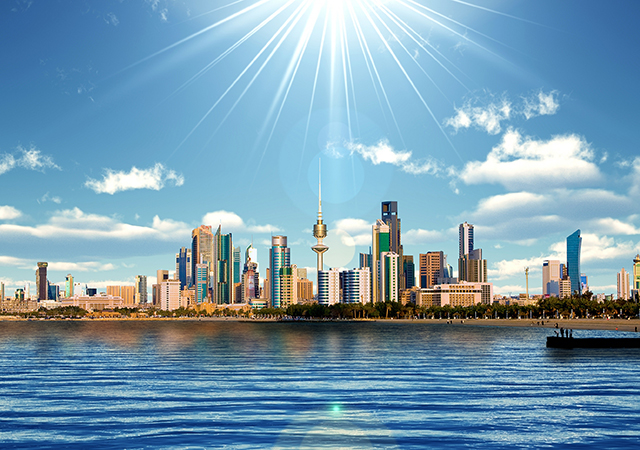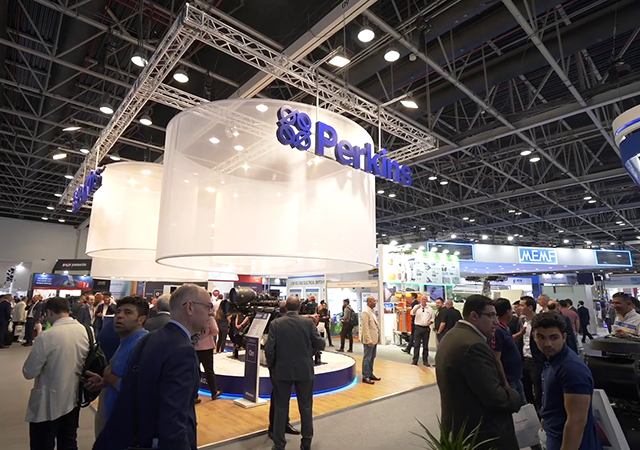
 (From left) Sharaf, Alpysbayev and Singh.
(From left) Sharaf, Alpysbayev and Singh.
Global marine terminal operator DP World hosted a conference in Dubai aimed at fostering partnerships to facilitate increased trade between Asia and Europe along the New Silk Way through Kazakhstan.
The conference was supported by Askar Mamin, president of Kazakhstan Temir Zholy (KTZ), Kazakhstan’s national railway company, and attendees included KTZ vice president Kanat Alpysbayev, senior Dubai trade officials and representatives from multinational corporations from the automotive and IT industry. DP World’s senior vice president and managing director, India Subcontinent, Anil Singh, was present. Conference sessions were attended by customs, logistics, trade and infrastructure experts.
The purpose of the conference was to discuss best-practice solutions for increasing trade flows along the New Silk Way – the overland rail transport route that links China, Russia’s Far East and Europe via Kazakhstan.
DP World Group CEO Mohammed Sharaf welcomed attendees to the conference saying: “With the shift of manufacturing to central and western Chinese cities, far from the traditional sea ports that have taken Chinese made goods around the world, the New Silk Way across Kazakhstan has enormous potential to link China and the west mainly by land, and particularly by rail.”
In November 2013, DP World and KTZ signed an agreement that will see DP World provide management advisory services for the development of the Khorgos Special Economic Zone (SEZ) and Inland Container Depot (ICD). DP World will also provide similar services under a separate contract at the Port of Aktau, Kazakhstan’s main cargo and bulk terminal on the Caspian Sea.
DP World has a portfolio of more than 65 marine terminals across six continents, including new developments underway in India, Africa, Europe and the Middle East. Container handling is the company’s core business and generates more than three quarters of its revenue. In 2013, DP World handled 55 million teu. Capacity is expected to rise to more than 100 million teu by 2020.











